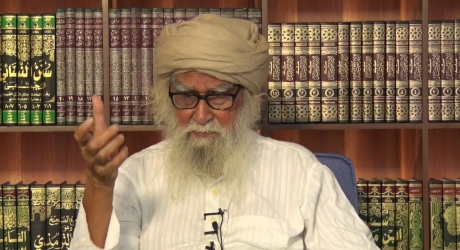In Islam, there are four practices which are important and complementary aspects of ibadat (worship): namaz (prayer), sawm (fasting), hajj (the pilgrimage to Mecca) and zakat (alms-giving). These four forms of worship symbolise the nature of the extended worship required of human beings throughout their lives. Namaz, for instance, conditions human beings in modesty—a quality which gives a proper religious hue to all spheres of human existence.
Similarly, fasting inculcates patience, a virtue without which there can be no peace on earth. No less important is zakat, which is a gesture of well-wishing for humanity at large. Hajj, while affording spiritual benefit to the individual, aims at the uniting of all of God’s servants under the banner of His religion. Each of these categories of obligatory worship has a form as well as a spirit; just as the human being has a body as well as a soul—the one being inseparable from the other. The essence of each of these separate rites of Islamic worship is their spirit rather than their form. On namaz the Quran is explicit: “Successful indeed are the believers who are humble in their prayers.” (23: 1-2)











